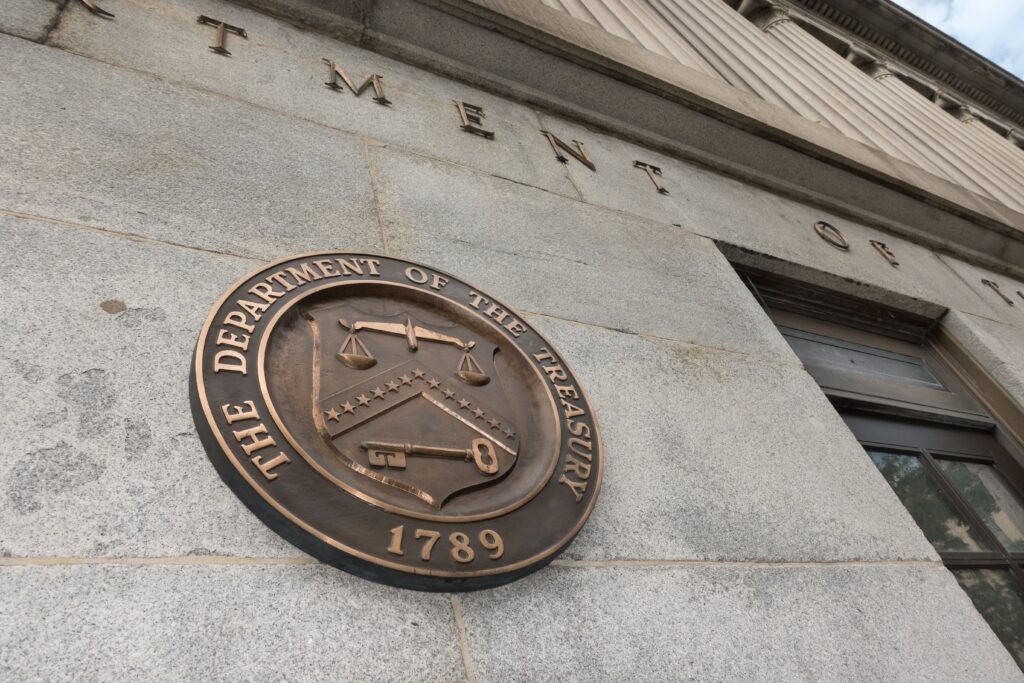Chinese state-backed hackers breached the US Treasury Department, accessing unclassified documents. The attack, traced to a third-party service flaw, is under investigation by federal agencies.
Chinese Hackers Breach US Treasury Department, Exposing Unclassified Documents
A significant cybersecurity incident has rocked the US Treasury Department after state-sponsored Chinese hackers infiltrated its systems, gaining access to unclassified documents and employee workstations. This breach, disclosed in a letter to lawmakers, is being investigated by multiple federal agencies, including the FBI, Cybersecurity and Infrastructure Security Agency (CISA), and forensic experts.
The attack, deemed a “major incident” by Treasury officials, exploited a vulnerability in a third-party service used by the department—BeyondTrust, which provides remote technical support. The hackers reportedly accessed the service in early December, using the security flaw to gain unauthorized access to sensitive information.
Details of the Breach and Investigation
BeyondTrust, the affected third-party vendor, identified suspicious activity in its system on December 2 and confirmed the breach three days later. As a precaution, the compromised service was immediately taken offline, and no further access has been detected since then. Treasury officials have assured the public that there is no indication that classified information was compromised, but the scope of the intrusion is still being fully assessed.
In response to the breach, the Treasury Department is collaborating with the FBI and CISA to investigate the full impact. While the department has confirmed that the hackers accessed unclassified documents, they also suspect that the attackers may have created new accounts or altered passwords, which would have allowed continued unauthorized access.
The Treasury Department has committed to providing lawmakers with a supplemental report on the breach within 30 days, detailing the investigation’s progress and any additional findings.
Suspicion of Chinese State-Sponsored Attack
Preliminary investigations suggest that the attack was likely carried out by a “China-based Advanced Persistent Threat (APT) actor,” a term used by cybersecurity experts to describe a well-resourced hacker group typically associated with state-sponsored operations. Given the nature of the breach and the suspected origin, the US government has classified the incident as a major cybersecurity event, in line with its policy on APT-related intrusions.
While Chinese state-sponsored cyberattacks have become an increasing concern for the US government, officials have not yet disclosed the full extent of the damage or the specific documents that may have been accessed during the hack. The Treasury has emphasized its ongoing commitment to protecting sensitive data, although experts warn that the breach could have serious implications for national security.
China’s Denial and Escalating Tensions
In response to the accusations, Chinese officials have strongly denied any involvement in the breach, labeling the claims as “baseless” and accusing the US of spreading disinformation. A spokesperson for China’s embassy in Washington described the allegations as “smear attacks” and called for an end to what it characterized as the “false narrative” surrounding China’s role in the attack.
This latest hack comes amid increasing cybersecurity tensions between the US and China. The breach follows a separate, high-profile hack earlier this year that targeted US telecom companies, exposing sensitive phone records across the country. These ongoing incidents underscore the growing threats to US cybersecurity and the need for heightened vigilance against foreign cyberattacks.
The Broader Implications of the Attack
While the hack of the US Treasury Department may not have compromised classified information, it still raises significant concerns about the security of government systems, particularly in light of China’s growing cyber capabilities. The incident also highlights the risks associated with third-party service providers, which have increasingly become targets for cybercriminals and state-sponsored actors.
The US government has been focused on improving its cybersecurity defenses in recent years, particularly following high-profile incidents like the SolarWinds breach of 2020. However, the Treasury Department hack serves as a reminder that vulnerabilities can still be exploited, even by highly sophisticated adversaries.
As the investigation continues, questions about the role of foreign cyberattacks in US national security and the adequacy of current cybersecurity measures are expected to remain at the forefront of political and policy discussions. The Treasury Department’s response and any future actions taken to bolster security will likely shape the broader conversation about cybersecurity in the coming months.
Conclusion
The breach of the US Treasury Department by Chinese state-sponsored hackers has underscored the ongoing cybersecurity challenges facing the US government. With investigations still underway, the incident raises questions about the vulnerabilities of third-party service providers and the risks posed by advanced persistent threats. While Chinese officials have denied involvement, the attack further intensifies the cybersecurity tensions between the US and China, making it clear that the battle for digital security is far from over.
